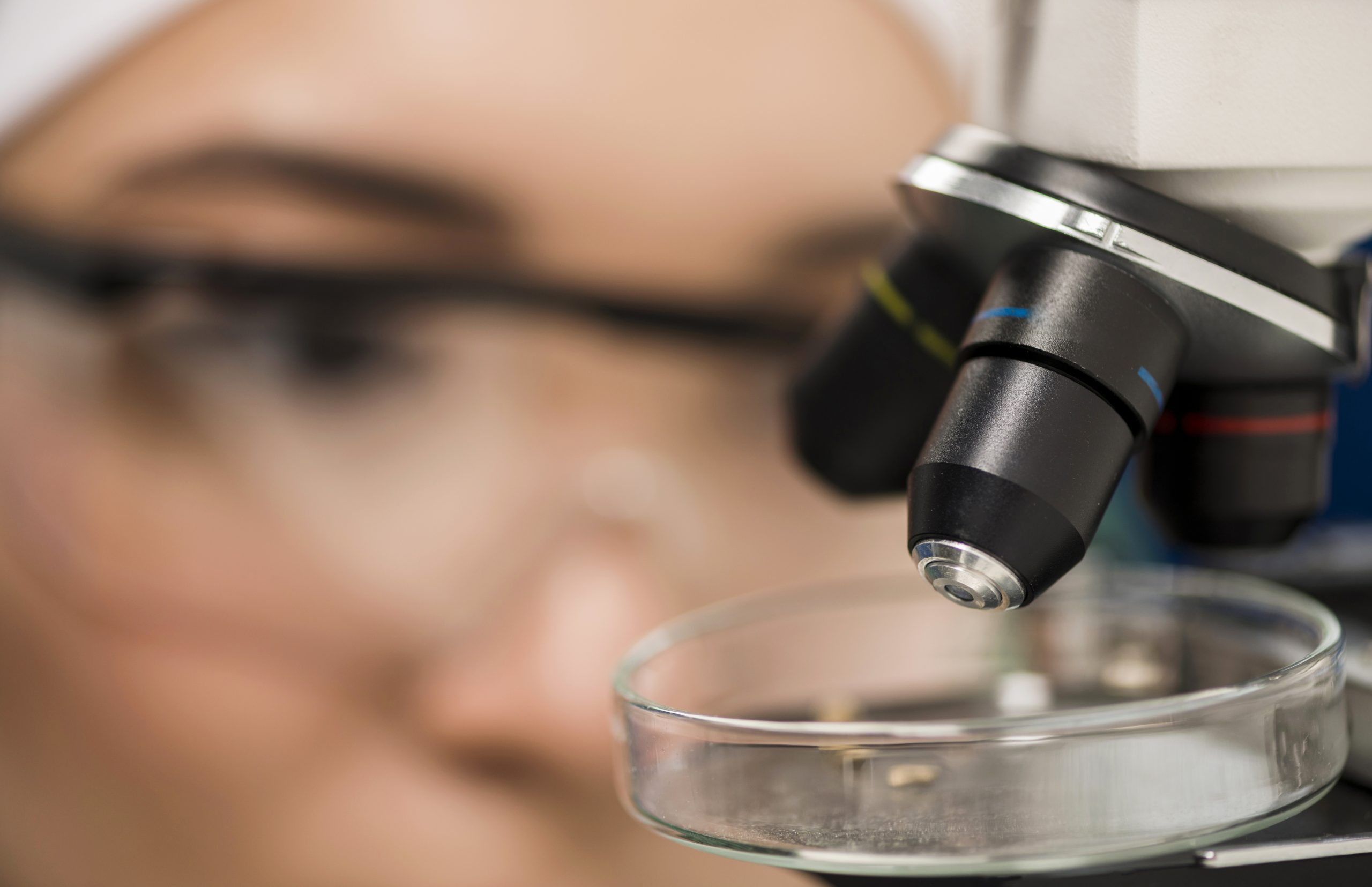José Delpiano, an academic from the School of Engineering and Applied Sciences, is conducting research to develop non-invasive preventive tests together with academics from UANDES, UFRO, and Northeastern University.
José Delpiano, an academic from the School of Engineering and Applied Sciences , is providing a great aid for the non-invasive diagnosis of diseases that originate under the skin surface through his research on "LENS: Light, eyes, and neural networks.""Early diagnosis of diseases in the different layers of the skin may require an incision to take a tissue sample. The creation of tests, with the support of Artificial Intelligence, that do not require taking of a sample will be a major advance in this area," explained the academic from UANDES.
Participating in the project are UANDES researchers Nelly Cerpa, Jaime Anguita, Jaime Cisternas, and José Saavedra, along with UFRO researcher Fernando Huenupán. Professor Charles DiMarzio, a specialist in biomedical optics, from Northeastern University (USA), will also collaborate.
This research has great relevance in our country, since in the last decade, deaths due to skin cancer in Chile have increased by 40%, reaching a record number in 2023 with more than 560 deaths, the highest in 21 years.
With this research, we seek to estimate, with the support of Artificial Intelligence, microscopy images of internal layers of the skin. With this, in the future, it will be possible to make preventive examinations of diseases that originate in these layers, without having to make a cut to take a sample.
Delpiano recently won—for this work—an ANID International Linkages Promotion grant, which promotes international alliances to publicize the development of research carried out in Chile and support the participation of scientists from our country in frontier research being developed in the world.
Participating in the project are UANDES researchers Nelly Cerpa, Jaime Anguita, Jaime Cisternas, and José Saavedra, along with UFRO researcher Fernando Huenupán. Professor Charles DiMarzio, a specialist in biomedical optics, from Northeastern University (USA), will also collaborate.
"With this research, we seek to estimate, with the support of Artificial Intelligence, microscopy images of internal layers of the skin. With this, in the future it will be possible to make preventive examinations of diseases that originate in these layers, without having to make a cut to take a sample. AI is being used to estimate images in different fields, for example, it is used to perform super-resolution, that is, to estimate a high-resolution image from a lower-resolution image. On the other hand, the superficial layers of the skin are not totally opaque, some light can enter, which allows measurements to be made and images to be formed. This has motivated us to advance along this line," explains Delpiano.


